Emergence of New Use Cases
The emergence of new use cases for synthetic data is a significant driver for the market in South Korea. As industries explore innovative applications of AI and machine learning, the demand for synthetic data is expanding beyond traditional sectors. For instance, the gaming industry is increasingly utilizing synthetic data for character and environment modeling, while the financial sector employs it for fraud detection and risk assessment. This diversification of use cases indicates a growing recognition of the value that synthetic data can provide. The synthetic data-generation market is projected to expand as more sectors identify opportunities to leverage synthetic datasets for enhanced performance and innovation.
Focus on Data Privacy and Security
In the context of the synthetic data-generation market, the increasing focus on data privacy and security in South Korea is a critical driver. With stringent regulations such as the Personal Information Protection Act (PIPA) in place, organizations are compelled to adopt solutions that ensure compliance while still harnessing the power of data. Synthetic data provides a unique advantage by allowing companies to generate datasets that do not contain personally identifiable information, thus mitigating privacy risks. This shift towards privacy-preserving data practices is expected to propel the synthetic data-generation market, as businesses seek to balance innovation with regulatory compliance. The market is anticipated to grow by approximately 20% in the coming years as organizations prioritize secure data handling.
Enhancement of Machine Learning Models
The synthetic data-generation market is significantly influenced by the enhancement of machine learning models in South Korea. As businesses strive to improve the accuracy and reliability of their AI systems, the need for diverse and representative training data becomes paramount. Synthetic data offers a viable solution by enabling the creation of large datasets that can mimic real-world scenarios without compromising privacy. This is particularly relevant in sectors like autonomous driving and healthcare, where data scarcity can hinder model performance. The market for machine learning in South Korea is expected to reach $1 billion by 2026, indicating a robust growth trajectory that will likely drive further investment in synthetic data solutions.
Rising Demand for Data-Driven Insights
The synthetic data-generation market in South Korea is experiencing a notable surge in demand for data-driven insights across various sectors. Industries such as finance, healthcare, and retail are increasingly relying on data analytics to enhance decision-making processes. This trend is driven by the need for accurate predictions and improved operational efficiency. According to recent estimates, the market for data analytics in South Korea is projected to grow at a CAGR of approximately 15% over the next five years. As organizations seek to leverage data for competitive advantage, the synthetic data-generation market is positioned to play a crucial role in providing high-quality datasets that can be utilized for training machine learning models and conducting simulations.
Investment in AI Research and Development
The synthetic data-generation market is benefiting from increased investment in AI research and development within South Korea. The government and private sector are channeling substantial resources into advancing AI technologies, which in turn drives the demand for synthetic data. As AI applications become more sophisticated, the need for high-quality training data is paramount. This investment is reflected in the establishment of AI research centers and partnerships between academia and industry. The South Korean government has committed to investing over $2 billion in AI initiatives by 2027, which is likely to stimulate growth in the synthetic data-generation market as organizations seek innovative solutions to support their AI projects.


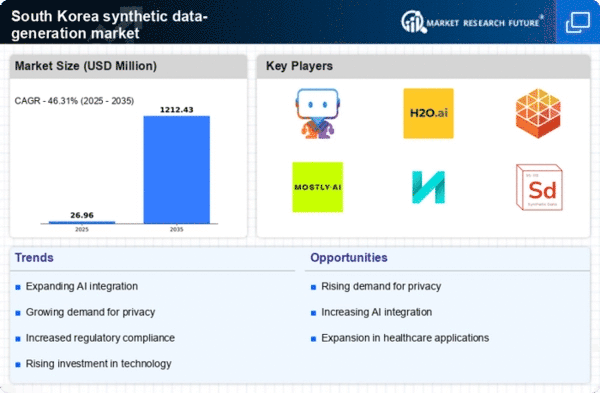

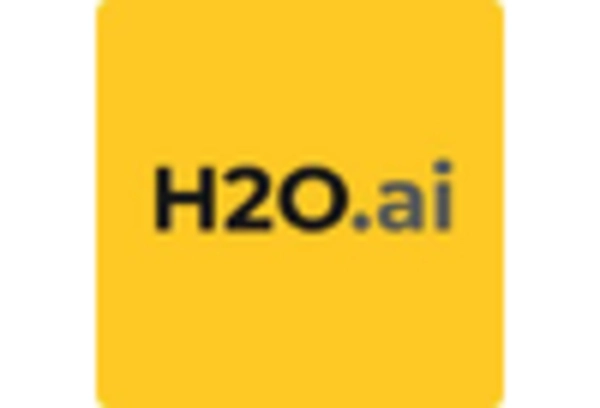
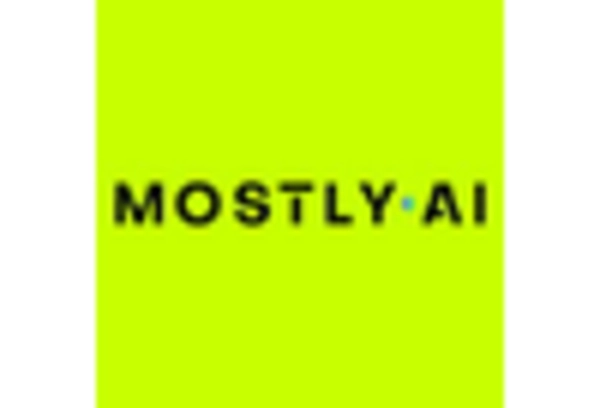
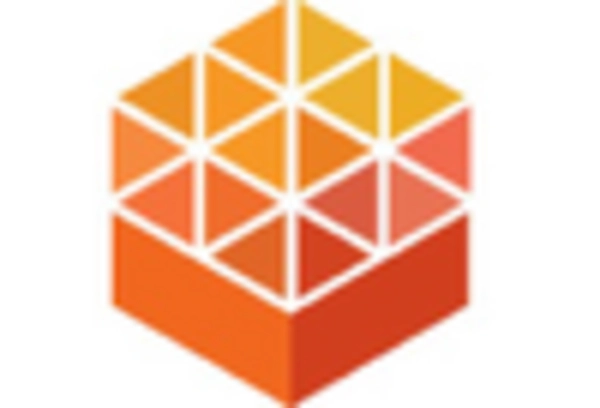
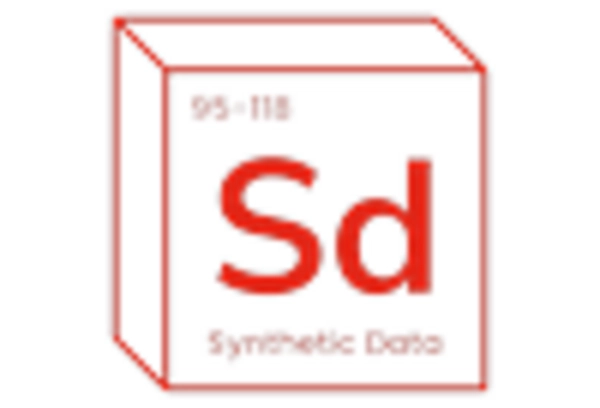









Leave a Comment